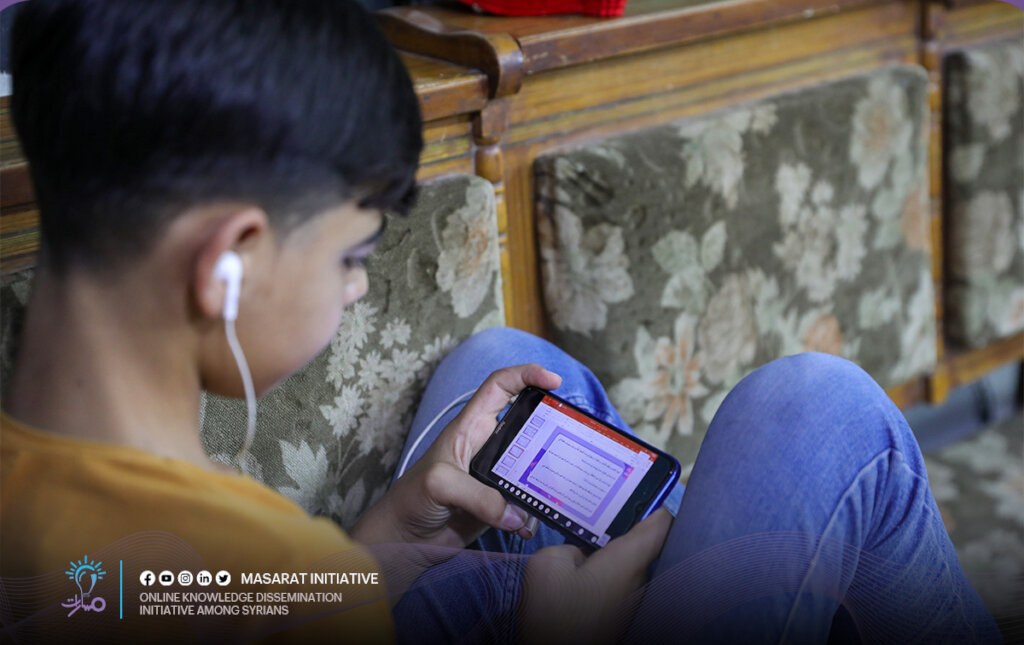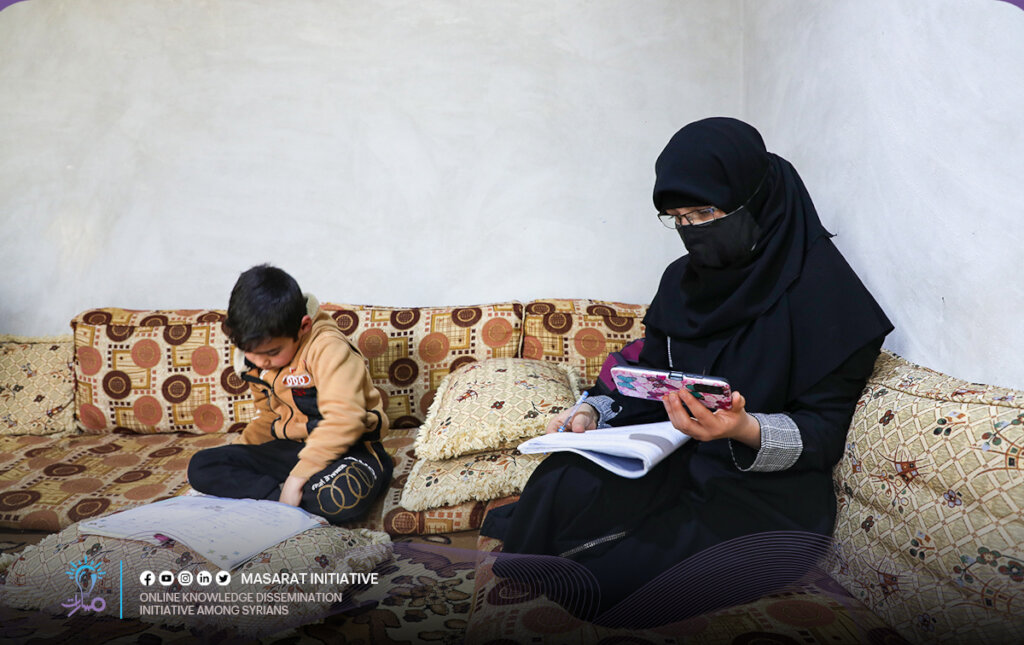The principle of zakat redefines the concept of giving as a rich Islamic practice that embodies the balance between spirituality and materialism. Zakat is not merely a religious duty but a mechanism for social solidarity, contributing to the balance among community members.
Today, we will delve into the rulings and conditions of zakat on saved money, based on Islamic teachings aimed at enhancing social justice and strengthening human bonds.
Ruling on Zakat on Saved Money
Sharia evidence points to the necessity of zakat from money intended for growth. Thus, zakat on saved money is considered obligatory by consensus among scholars of the four jurisprudential schools, regardless of the savings goal, whether it be for purchasing property or gold.
Conditions for Zakat on Saved Money
For saved money to be eligible for zakat, it must meet the following conditions:
- The money reaches the nisab (minimum amount), which is estimated to be 85 grams of gold.
- A lunar year has passed since owning it.
- The ownership of the money is fully owned by a free Muslim.
How Much is the Nisab for Zakat on Saved Money?
The nisab for zakat at saved money is equivalent to the value of 85 grams of gold or 595 grams of silver. When the money reaches this value, it becomes obligatory for a Muslim to pay zakat from it at a rate of one-quarter of a tenth.
The Virtue and Impact of Zakat on Saved Money
Zakat on money has a significant virtue and impact on all religious and worldly levels. Besides its merit for the Muslim who pays zakat, it serves as:
- A duty ordained by Allah to strengthen faith in the heart.
- A means to purify the money and increase its blessing and growth.
- A way to purify the soul from miserliness, greed, and hoarding of wealth.
The Virtue of Zakat on the Community
The merit of zakat extends beyond the individual payer to include the community, with effects such as:
- Enhancing cohesion and solidarity among the nation’s members by providing aid to the poor and needy.
- Contributing to social security by ensuring the basic rights of the poor and destitute.
- Purifying the souls of the poor from envy and resentment towards the wealthy through the support and assistance received.
Calculating Zakat on Saved Money
To accurately determine the amount of zakat on saved money, it is advisable to sum the total amount and extract one-quarter of a tenth by dividing it by 40, or by applying a simple fixed rate of 2.5%, which means paying 25 for every 1000.
Channels of Zakat on Saved Money and How to Disburse It?
According to the Quranic verse, the avenues for zakat have been carefully designated to include:
- The poor and needy as a priority.
- Those employed to collect it and those whose hearts are to be reconciled, aiming to enhance their remembrance of Allah.
- For freeing slaves.
- Debtors unable to pay their debts.
- Do-gooders in the cause of Allah.
- Wayfarers stranded far from home without money, provided enough to meet their travel needs.
Allah has set strict regulations and laws for zakat expenditures, emphasizing that its funds are allocated for specific recipients, while charities have a broader scope, including anything that benefits Muslims, inspired by the Prophet’s saying that charity does not decrease wealth but increases its blessing.
Masarat for Support Online Education and Knowledge Dissemination in Syria
The Masarat Initiative for free education in Syria is a sustainable effort to achieve the essential requirements for empowering individuals and students towards a better future. By offering a wide range of knowledge, scientific, technical, and training pathways, the initiative lays the foundation for human development and evolution.
Your donation will contribute to providing free education for Syrian students, benefiting a large number of these students, including orphans and widows, and others affected by the war, in an effort to create a safe educational environment away from the impacts of war and destruction.
Frequently Asked Questions about Zakat on Saved Money
Zakat on saved money for Hajj:
Zakat is not obligatory on money saved for Hajj, even if it reaches the nisab and completes a lunar year.
Zakat on saved money for marriage:
When the saved money reaches the required nisab and a lunar year has passed, zakat becomes obligatory on it, regardless of its purpose, including marriage.
Zakat on saved money for purchasing land, building a house, or buying an apartment
According to the Sunnah, zakat is obligatory on saved money once it meets two conditions: reaching the nisab and the passage of a full lunar year, regardless of the saving’s purpose.
Zakat on saved money for buying a car
If the saved money reaches the nisab and a lunar year has passed, zakat is obligatory on it, whether the saving intention was to buy a car or a house.
Is zakat on saved money due every year?
Yes, by the consensus of scholars, zakat is due every year on saved money that reaches the nisab.
Zakat on saved money for debt repayment
If the payer has surplus money equal to their debt, they are still obligated to pay zakat on the saved money that meets the nisab and has completed a lunar year for the purpose of debt repayment.








